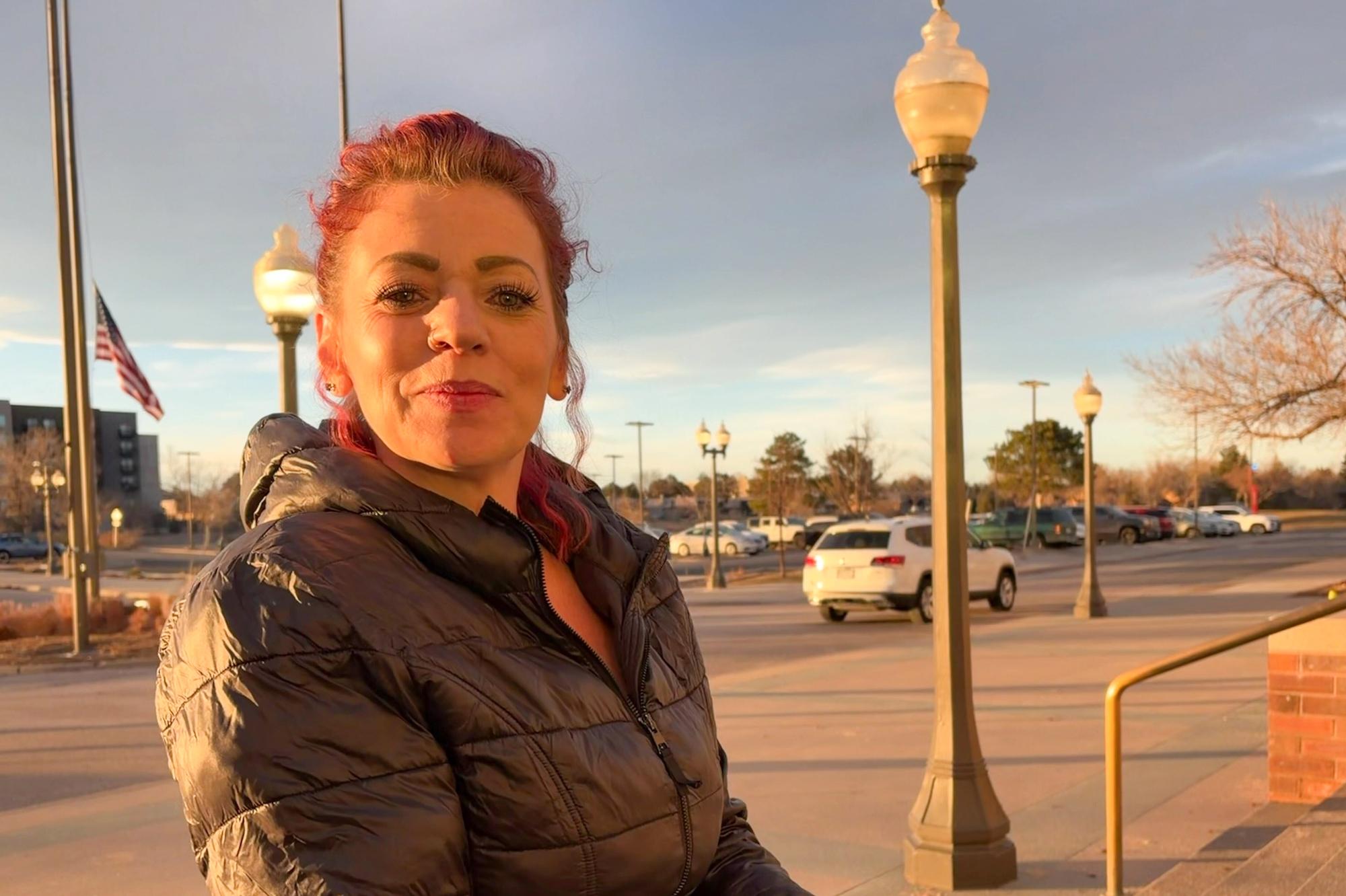
A few years ago, before Colorado legalized recreational marijuana, attorney and pot advocate Brian Vicente held an event in Grand Junction.
“And like 300 people showed up, I mean the interest in this was mind boggling,” Vicente recalled.
This was back in 2009, when only medical marijuana was legal and he’d do these “Know Your Rights meetings” covering all sorts of things — like what to do if you’re a medical patient and you're pulled over by a cop.
There was some interest in starting pot stores, but also “many people that were affected by meth, and were using medical marijuana to get off of meth,” Vicente said. “It was moving for me to be a part of that. So I just think there’s this undercurrent of interest and has been for awhile in Grand Junction particularly.”
Eight years after that meeting there still isn’t a single marijuana store in the city. Grand Junction is deeply conservative, it has more in common politically with Utah than with the Front Range.
Grand Junction’s neighbors though are not waiting.
Just to the east you’ll find Palisade, a 1 square mile-sized town known for its peaches. They voted to legalize recreational marijuana stores and grows in the last election. There are only about 2,700 people in Palisade, but it’s one of a handful of small towns along I-70 that now allow retail recreational marijuana, joining De Beque, Parachute, and Rifle.
- Related: Moving On To Greener, Leafier Pastures, Cannabis Editor Ricardo Baca Departs The Denver Post
“People are starting to look for other ways to bring in money into these communities,” said Jesse Loughman, who owns Colorado Alternative Health Care, the only pot store — a medical dispensary — in Palisade. With the energy industry down, he points out that tourists are more important to the local economy “and they expect retail marijuana.”
“If it’s not available to them, it’s almost seems like they’re let down, so it’s definitely something that it seems the tourists are expecting now,” Loughman said.
It’s not clear when the first store could open. Palisade town leaders are going to meet about the next steps for recreational cannabis.
Loughman said there’s probably a reason smaller towns like Palisade, where people know each other, are warming to marijuana.
“You’re actually able to canvas here,” says Loughman. “You can bang every door in this town, and you can talk to just about all the residents and registered voters here.”
Rich Sales, the town manager of Palisade, says residents were more apt to vote for recreational sales because Jesse Loughman’s medical store “has really been a good community neighbor.”
That may have played a part, but the bigger driver for some is just simple economics. The Grand Junction metro area has lost 10,496 jobs since employment peaked in 2008 during a boom in natural gas drilling. But as prices for natural gas fell, so did the jobs.
“It’s definitely not the rosy picture that you might be seeing in Denver or the Front Range,” said Amy Hamilton, a staff writer for the Grand Junction Daily Sentinel.
When she talks to voters about marijuana many are interested in the money it’d bring in. “They might not have cared really either way, whether marijuana made an appearance in their town, but they did want the town not to have to struggle financially,” she said.
Despite the potential tax revenue, Grand Junction voters don’t appear willing to allow marijuana stores yet. Organizers appear to have failed to gather enough signatures. Jesse Loughman, the pot store owner in Palisade, wasn’t surprised.
“This part of Colorado, as far as the people are concerned over here, a lot ‘em consider it a different state than what we have on the Front Range.”
Read More: Under Trump, What's The Future Of Marijuana In Colorado?









